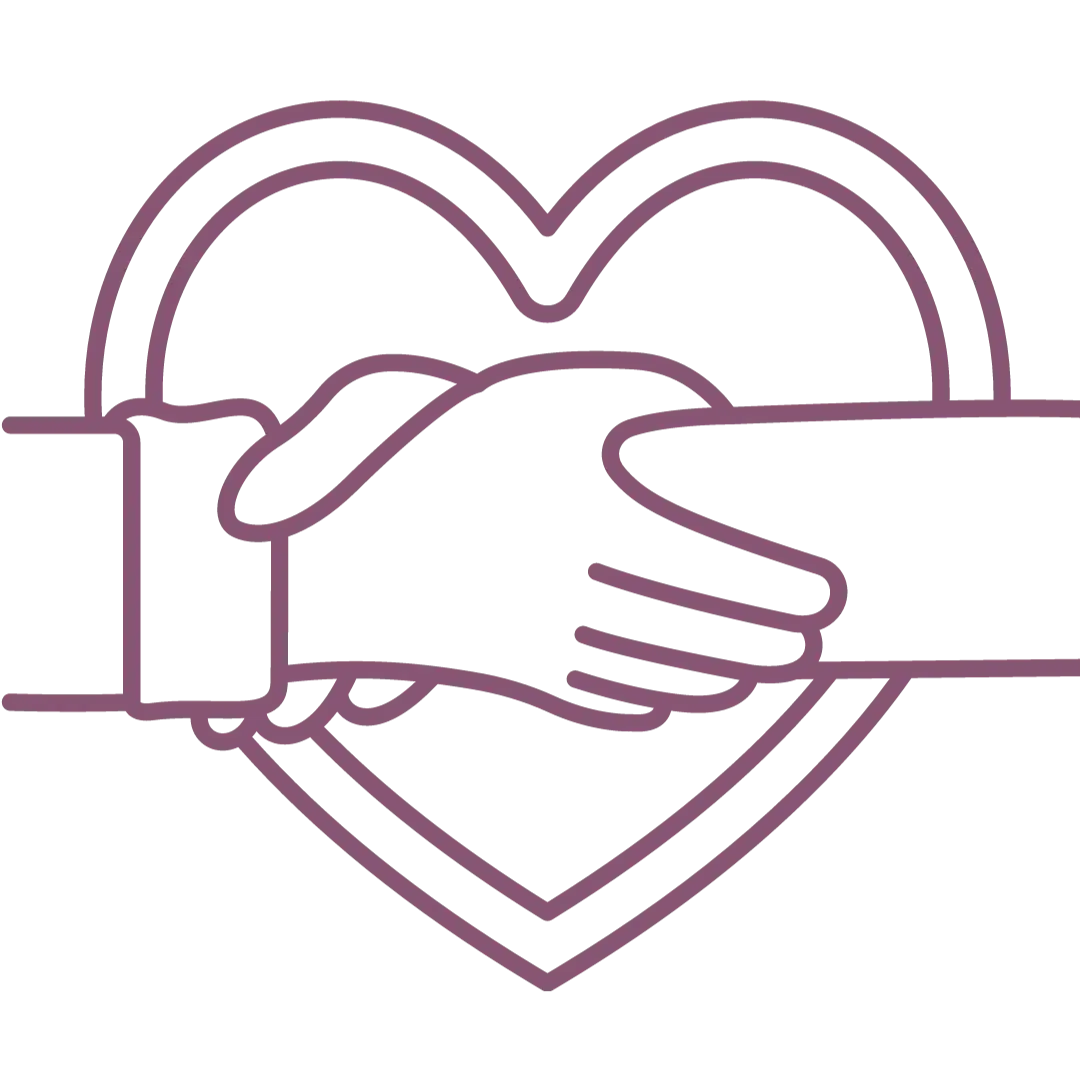
Join today and save! Use code Guest2Member15 for 15% off your membership.
Join today and save! Use code Guest2Member15 for 15% off your membership.
Recognition of our shared humanity is central to self-compassion. As opposed to self-pity, which is a self-focused “poor me” mindset, compassion honors the fact that all people are imperfect, and all people lead imperfect lives.
While this may seem obvious, we often fall into the habit of assuming that things are “supposed” to go right, and when they don’t it’s somehow an abnormal aberration. We irrationally feel like everyone else is just fine and it’s only me who has made this terrible mistake or is undergoing such a difficult hardship. This is like kicking ourselves when we’re down, because not only are we suffering, we feel alone and isolated by our suffering.
Of course, it’s also true that some people suffer more than others. People who are oppressed typically struggle more than those who are privileged. People who come from dysfunctional or abusive childhood backgrounds typically have more difficulty in later life than those who come from warm, supportive, and secure families. But while it’s true that the type and amount of suffering differs between individuals, the fact that we suffer is what makes us card-carrying members of the human race.
When we remember that imperfection is part of the shared human experience, that it connects us to others rather than separates us, our challenges are somewhat easier to bear. The solace of common humanity doesn’t come from knowing that others are miserable or that there are people worse off than we are, but comes from embracing the human experience. It comes from recognizing that we aren’t alone but are instead part of something larger than our small selves. To be human means that we learn by making mistakes. We grow from adversity. We are shaped by our failures as much as our successes. When our heart is open to the reality of our common humanity, we drop our rigid expectations of perfection and open to what is, moment by moment.
Many people who have taken self-compassion workshops comment that they really benefit by practicing in community. Hearing how others struggle with many of the same issues they do, often dissolves feelings of shame and aloneness. There’s also something magical about connecting with people who share similar values of healing and bringing compassion to the world – starting with our inner world.
This is why attending our monthly Self-Compassion Gatherings is so helpful, as we come together for the purpose of practicing and discussing self-compassion. Not only does practicing in community help us remember our common humanity, it can help solidify our commitment to practice.

Scholarship Rates
